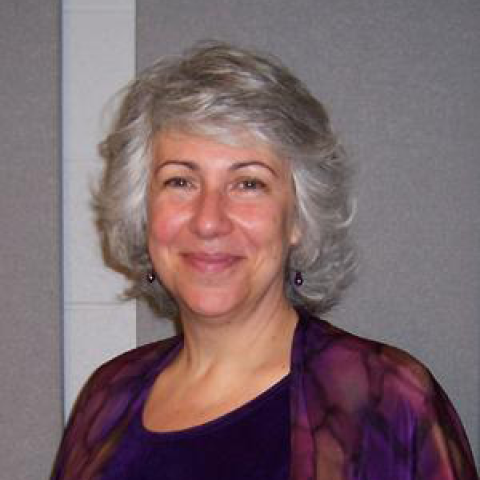
Rare somatic cells from human breast tissue exhibit extensive lineage plasticity
THEA TLSTY, UNIVERSITY OF CALIFORNIA SAN FRANCISCO
Abstract: We identified cells within human adult tissue that can acquire a phenotypic plastic state. These rare cells can be directly isolated and shown to exhibit extensive lineage plasticity creating functional derivatives of heart, brain, bone, cartilage, gut and many more tissues. This subpopulation is poised to transcribe pluripotency markers, Oct3/4, Sox2 and Nanog at levels similar to those measured in human embryonic stem cells and to acquire a plastic state sensitive to environmental programming. In vitro, in vivo and teratoma assays demonstrated that either a directly-sorted (uncultured) or a single cell (clonogenic) cell population from primary tissue has the ability to differentiate into functional derivatives of each germ layer, ectodermal, endodermal and mesodermal. In contrast to other cells that express Oct3/4, Sox2 and Nanog, these human endogenous Plastic Somatic cells (ePS cells) are mortal, express low telomerase activity, expand for an extensive but finite number of population doublings, and maintain a diploid karyotype before arresting in G1. These cells provide insights into the origins of tissue heterogeneity.
Dr. Tlsty's talk will be roughly one hour. The pre-seminar will introduce basic concepts and background for non-experts. Registered students must attend all pre-seminars and sign in for credit; all other guests are welcome. To view all future seminars, visit the series page. For more information, please contact course instructor Professor Channing Robertson; or teaching assistant Fiona Sincock.
May 1st, 2014 at 3:15 PM in the Clark Center Auditorium
Hosted by:
Daniel Fisher, Professor, Department of Applied Physics, Stanford University
Pre-Seminar April 28th, 2014 at 3:15 PM in Clark S361
